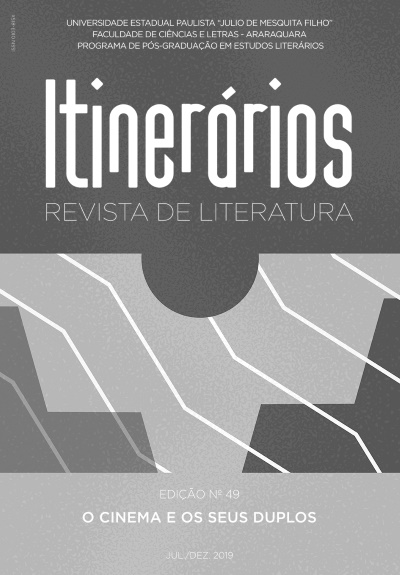Joaquim Pedro de Andrade and Modernism
DOI:
https://doi.org/10.58943/irl.vi49.12143Keywords:
Brazilian Modernism, Cinema Novo, Joaquim Pedro de Andrade, Literature and Cinema,Abstract
This essay investigates the connection between Cinema Novo and Modernism. Decisive for the formation of modern Brazilian cinema, the revival of the avant-garde literary legacy in the 1960s took place on multiple fronts: in formal experimentation, linked to the common desire for updating; in the adoption of a nationalist and anticolonialist ideology; in the artists’ involvement with popular culture and political struggle; in the critical interpretations regarding the country and the dramas rooted in Brazilian history. The reflection focuses on Joaquim Pedro de Andrade, director who carried out, from the beginning to the end of his work, a continuous exploration of the modernist characters, environment, ideas and concerns. Instead of the realist literature of 1930, which was so important to Cinema Novo in its first phase, what inspired the film production of Joaquim Pedro was the transgressive and parodist attitude, and the mythical, utopian (but, paradoxically, pessimistic) views of the 1922 generation.
Published
Issue
Section
License
Os manuscritos aceitos e publicados são de propriedade da revista Itinerários. É vedada a submissão integral ou parcial do manuscrito a qualquer outro periódico. A responsabilidade do conteúdo dos artigos é exclusiva dos autores. É vedada a tradução para outro idioma sem a autorização escrita do Editor ouvida a Comissão Editorial.

